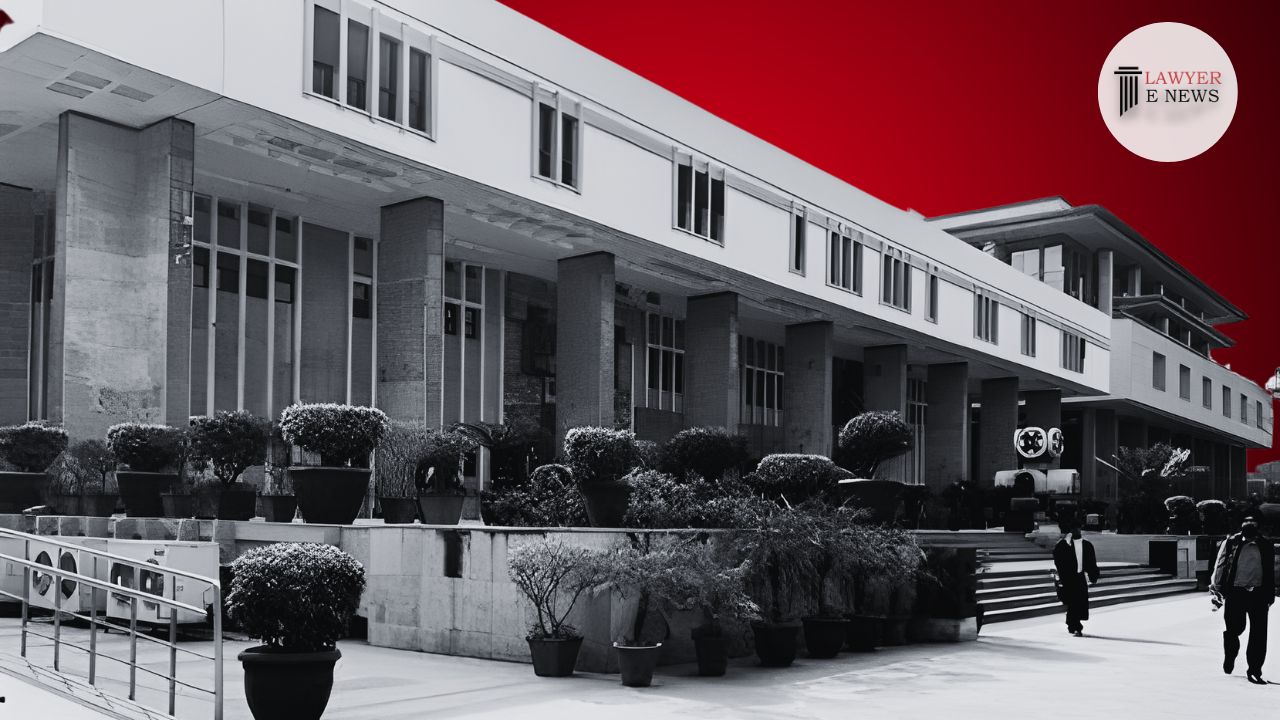-
by Admin
15 February 2026 5:35 AM



In a landmark judgment, the Delhi High Court has upheld the levy of luxury tax on the prestigious Delhi Gymkhana Club for the financial years 2009-10, 2010-11, and 2011-12 under the Delhi Tax on Luxuries Act, 1996. The bench, comprising Hon’ble Mr. Justice Yashwant Varma and Hon’ble Mr. Justice Ravinder Dudeja, delivered the verdict on 17th November, highlighting the applicability of the Act to the club’s operations.
In a pivotal observation, the Court stated, “The club falls within the ambit of an ‘establishment’ and ‘hotelier’ as defined in the Act, thus liable for luxury tax as per Section 3.” This statement underscores the critical legal point that shaped the Court’s decision, setting a significant precedent for similar cases.
The Delhi Gymkhana Club, known for its elite membership and historical significance, had challenged the tax assessment, arguing its status as a not-for-profit company under Section 25 of the Companies Act, 1956, and based on the principles of mutuality. However, the Court found that these principles were inapplicable due to the club’s provision of residential accommodation.
The judgment carefully analyzed the amendments made to the Delhi Tax on Luxuries Act in 2012, noting that while the scope of taxable establishments had expanded, it did not materially affect the club’s liability for the assessment years in question.
Legal experts view this judgment as a reinforcement of the statutory interpretation of luxury tax laws. The Court’s decision delineates the boundary between the principles of mutuality, often invoked by clubs, and the tax obligations arising from providing services akin to a hotelier.
Representing the Delhi Gymkhana Club were Mr. Ayush A Mehrotra, Mr. Upkar Agrawal, and Mr. Laksh Manocha. The respondents, Commissioner (Luxury Tax), New Delhi & Ors, were represented by Mr. Rajeev Aggarwal, ASC with a team of advocates.
The judgment also referenced several pivotal cases, including the State of West Bengal & Ors v. Calcutta Club Limited and Madhavaraja Club v. Commercial Tax Officer (Luxury Tax) & Ors, providing a comprehensive legal analysis of the issues at hand.
While the decision specifically pertains to the assessment years of 2009-10 to 2011-12, it is expected to influence future tax assessments and the interpretation of luxury tax laws in similar contexts. The Court concluded by clarifying that this judgment should not serve as a precedent for periods following the 2012 Amendment Act, suggesting a nuanced approach to future assessments.
Date of Decision: 17 November 2023
DELHI GYMKHANA CLUB VS COMMISSIONER (LUXURY TAX)
